A highly
committed sector
Quality, engagement and responsibility are the watchwords of the European and French Foie Gras industry. To govern the profession, there exist a variety of processes and charters that support the best practices of breeders and draw upon the European Union's regulations regarding animal welfare and health, of course, but also transparency. Read on to find out all about it!
Quality assurance beyond borders
A common foundation for all
The European Charter is the common foundation for all Foie Gras breeders and makers, who are required to uphold all the commitments it contains. Find out about the shared charter.
France, ever more engaged!
In addition to the European Charter, the French interprofessional syndicate has adopted the French Foie Gras charter, which attests to the commitment of professionals to stand by ethical principles and protect their ancestral know-how. It details the fundamental rules for each stage of the Foie Gras production process. The attention paid to animal well-being and the concern to offer consumers noble products, produced in accordance with tradition, are the Charter’s pillars. It is also defined by the establishment of regulated appellations.
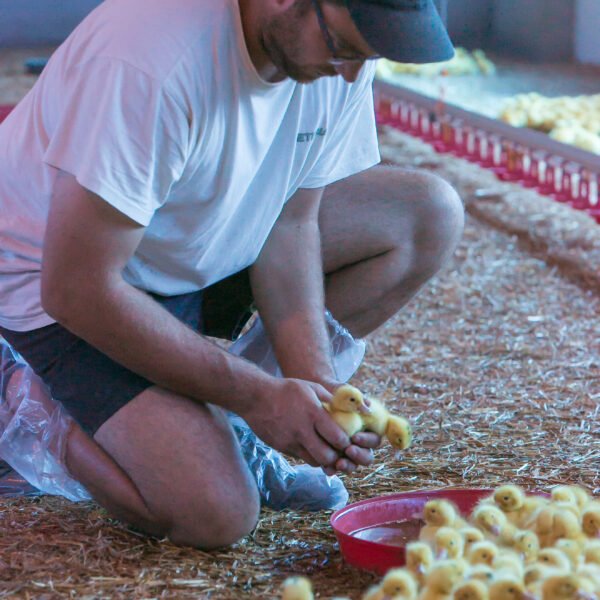
Palm I Trust, monitoring respect for animal welfare
Taking their commitment one step further, the professionals of the French Foie Gras industry launched an initiative in 2014 aimed at committing breeders to respecting animal welfare criteria: the “Palm I Trust” initiative.
Intent on progressing in their aims, these engaged farmers enjoy the support of technicians specially trained in the approach. During their first visit to the farm, the qualified technicians evaluate the farm according to the system’s 7 key criteria, and delineate possible areas for improvement. The whole process is monitored by an independent third party!
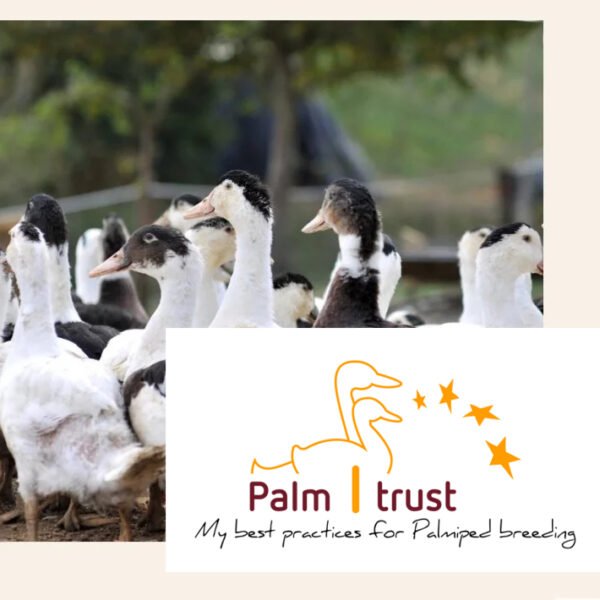
Read on for more about
the 7 commitments of the Palm I Trust approach:
-
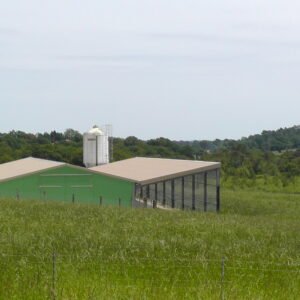
Farm identity
A detailed and complete description of the farm must be available and updated regularly
-
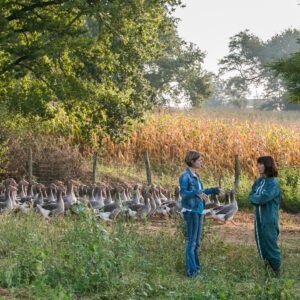
Training the farmer
In animal welfare to manage farm in order to adopt the right gestures
-
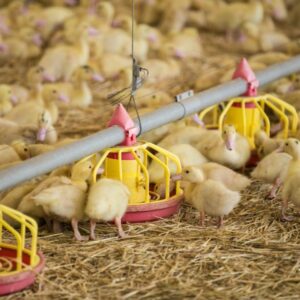
Feeding
Ensuring that animals are fed a healthy diet in appropriate quantities. Training on the fattening process and learning the right gestures and the right amount of food they should ingest during this phase.
-
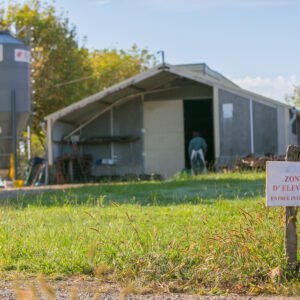
Safety
Seeing to the safety of animals and people.
-
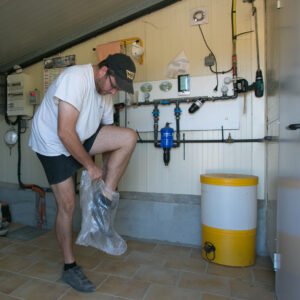
Health & Hygiene
To preserve the health of the animals by ensuring good hygiene conditions and appropriate care.
-
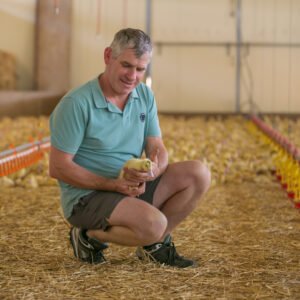
The human/animal relationship
Avoid stressful situations for the animals by promoting a good human/animal relationship, particularly with the breeders.
-
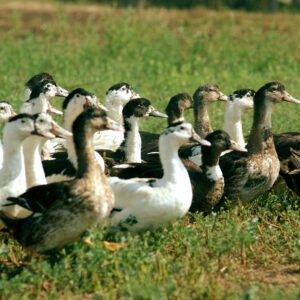
Animal comfort
Guaranteeing sufficient space and a comfortable environment, in which the animals are able to lie down, move around freely and not to suffer from heat or cold on farm grounds.
Taking ethics to heart: societal commitments
Quality that speaks for itself
The artisan skills and specialised know-how of the women and men in this industry are vital in bringing consumers a product that is excellence itself. They place great importance on the quality of the products the sector brings to the market, to proudly provide restaurateurs and consumers with an exceptional product, and a symbol of our gastronomic heritage.
Did you know?
Each Foie Gras is sorted, processed and prepared by skilled and meticulous hands that work to bring you an impeccable finished product. To read the charter, click here.
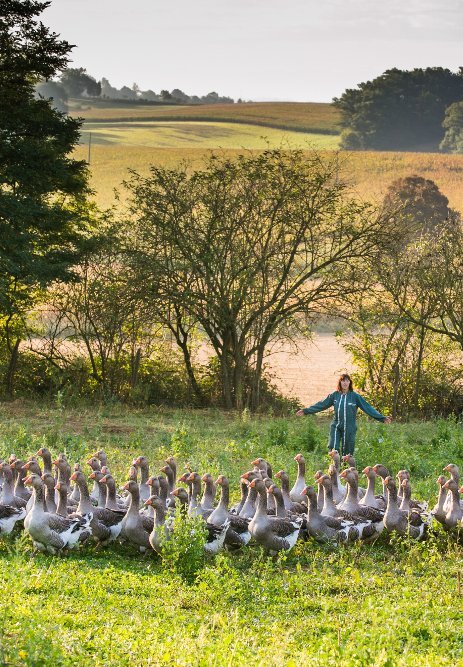
Welfare as one of our central concerns
Animal welfare is an essential condition for producing Foie Gras.
Providing quality living conditions for their animals is a daily concern for all breeders! Every day, they see to their well-being, comfort and optimum hygiene at all stages of the production process. These elements are fundamental to the animal and a prerequisite for achieving a noble quality product.
Enjoying the greatest possible comfort, the geese and ducks live most of their lives outdoors. They have access to large open-air runs close to the buildings and are thus able to thrive in the open air.
On these runs, breeders are encouraged to practise agroforestry: this involves planting hedgerows and trees to provide shade, while enriching biodiversity. The result does both the environment and the animals good !
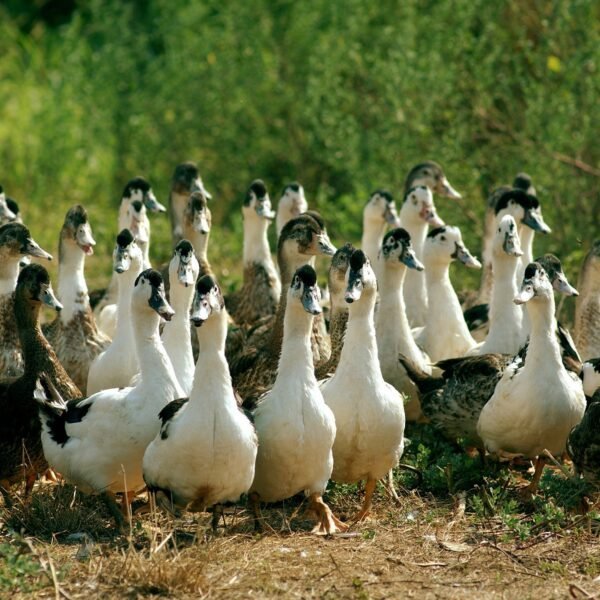
Buildings with every amenity for the animals
All the facilities, breeding equipment and buildings in which the animals enjoy shelter and protection are subject to strict standards defined by the European Union.
Thanks to substantial investments and in response to consumer demands, the Foie Gras industry is continuing to make strides. Here are just two examples: the breeders have equipped their buildings with equipment to better manage temperatures according to the age of the palmipeds. Secondly, since 2016, comfortable collective housing has replaced individual cages in 100% of European farms for the fattening stage.
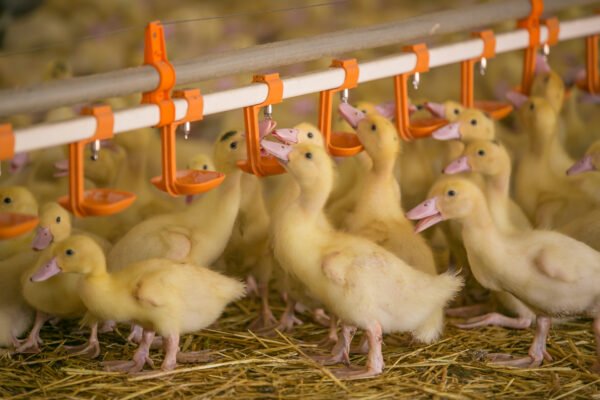
Health comes first
All Foie Gras producers are subject to mandatory health and biosecurity regulations, imposed by the departmental veterinary services, but also by the various specifications issued in the sector.
In addition to the eye of the trained farmer, the animals benefit from the scrutiny of a veterinarian if necessary, to ensure they are in good health. And their good health is also conditioned by the hygiene of their housing! When the palmipeds arrive at the farms, the buildings in which they are housed have been cleaned, disinfected and left empty for at least 15 days before being taken in… Truly a cosy nest for them, in addition to their daily life in the open air!
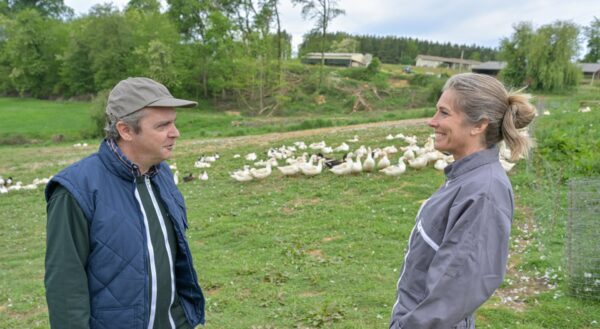
Transparency at every stage
Eager to show the reality of their production and proud of their terroir, breeders heartily and regularly open the doors of their farms to the public. As to the visiting families, it is a pleasure for them to satisfy their interest in the reality of Foie Gras farms, often family-run, as well as all aspects of the profession: the daily life of the breeders, free-range farming, product processing, etc.
They also have the opportunity to discover the many products from the farms, often made on site: Foie Gras, duck breast, confit, rillettes, etc.
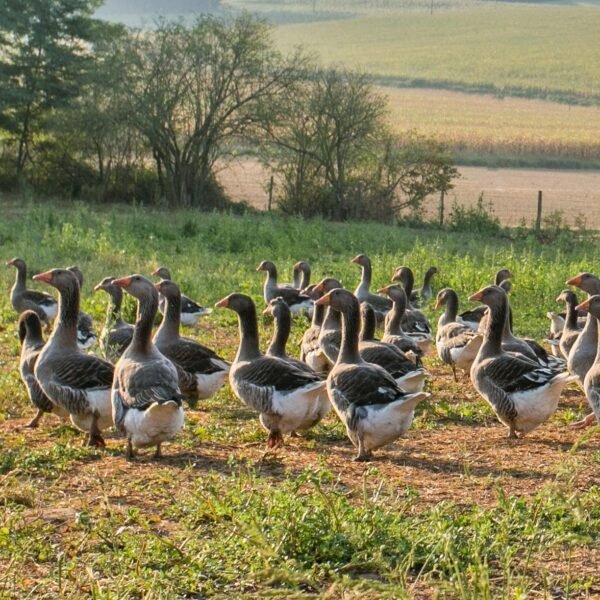
Ever-greater CSR*
In 2021, the French Foie Gras industry is taking on a new challenge! Building socially responsible approach, along 4 main lines:
*Corporate Social Responsability
-
Social
for an ever-more equitable industry
-
Environmental
to preserve the environment
-
Quality
to offer consumers high-quality and sustainable food
-
Animal welfare
to respect the well-being and health of animal
Want to have a taste? The sector’s current focuses are: agroforestry, training for breeders, familiarity with the different products in the sector and showcasing the professions… all driven by ambitious objectives. More soon to come! 😉

